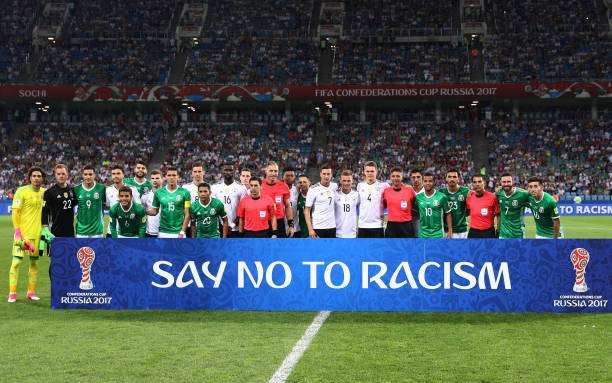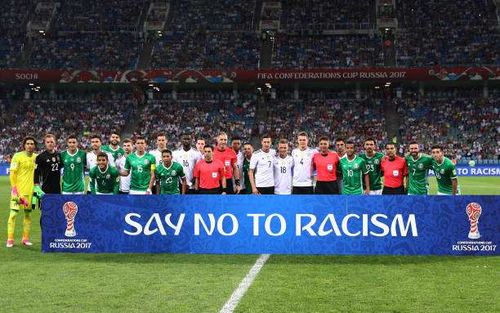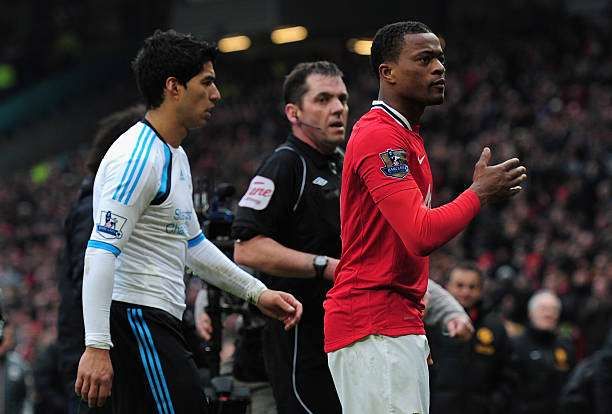
5 ways how FIFA should actually tackle racism in football
On April 30 2017, during an away game against Cagliari in the Serie A, Pescara's Ghanaian midfielder Sulley Muntari noticed that a group of fans had been racially insulting him from the start of the match, including a group of children.
"There was a little kid doing it with his parents standing nearby," Muntari recollected later. "So I went over to him and told him not to do it. I gave him my shirt, to teach him that you're not supposed to do things like that. I needed to set an example so he grows up to be nice."
But the abuses continued in the second half. Muntari insisted that the referee must have the courage to stop the game, and was duly booked for dissent. Frustrated, Muntari walked off the pitch in protest during stoppage time, leaving his team to play the last few minutes with 10 men.
Racism is a multi-faceted monster. Every time you think you have it clamped down and under control, it shows its ugly face elsewhere. In various forms and different countries, racism threatens to ruin the beautiful game of football. Several organisations including FIFA and UEFA have expressed solidarity with the victims and promised strict action – but we have a long way to go before racism is completely curbed.
Here are few measures FIFA could take to tackle racism in football:
#5 Mete out lengthy bans
In September 2012, the FA found John Terry guilty of racially abusing Anton Ferdinand during a Premier League match in October 2011. He was handed a four-match ban and a 220,000 pounds fine. A week prior to that match, Luis Suarez was accused of racially abusing Manchester United's Patrice Evra. He was eventually banned for eight matches and fined 40,000 pounds.
While such prompt action is laudable, there is a case to argue that the stakes need to be raised even more. In 2014, FIFA banned Luis Suarez from all "football-related activities" for four months for biting Italy's Giorgio Chiellini – barring him from entering any football stadium during the ban, let alone playing or training for club or country.
Also read: 5 footballers who were found guilty of racism
Such blanket bans should be meted out for racism-related incidents. Racism incidents from spectators already call forth lifetime stadium bans; although not to that extent, it is time to mete out stricter punishments for players and referees as well.

